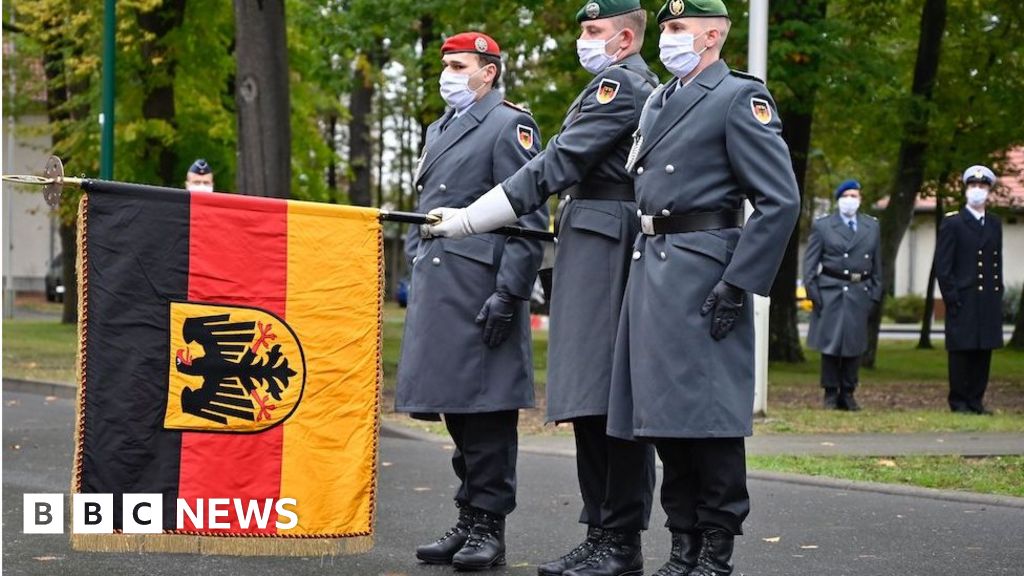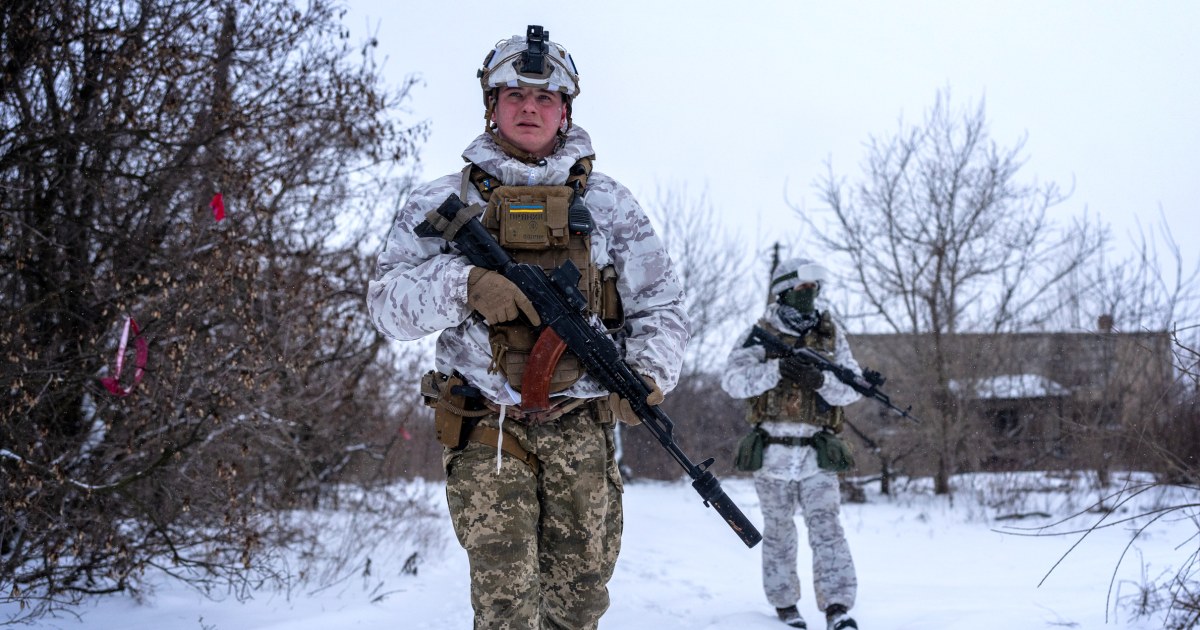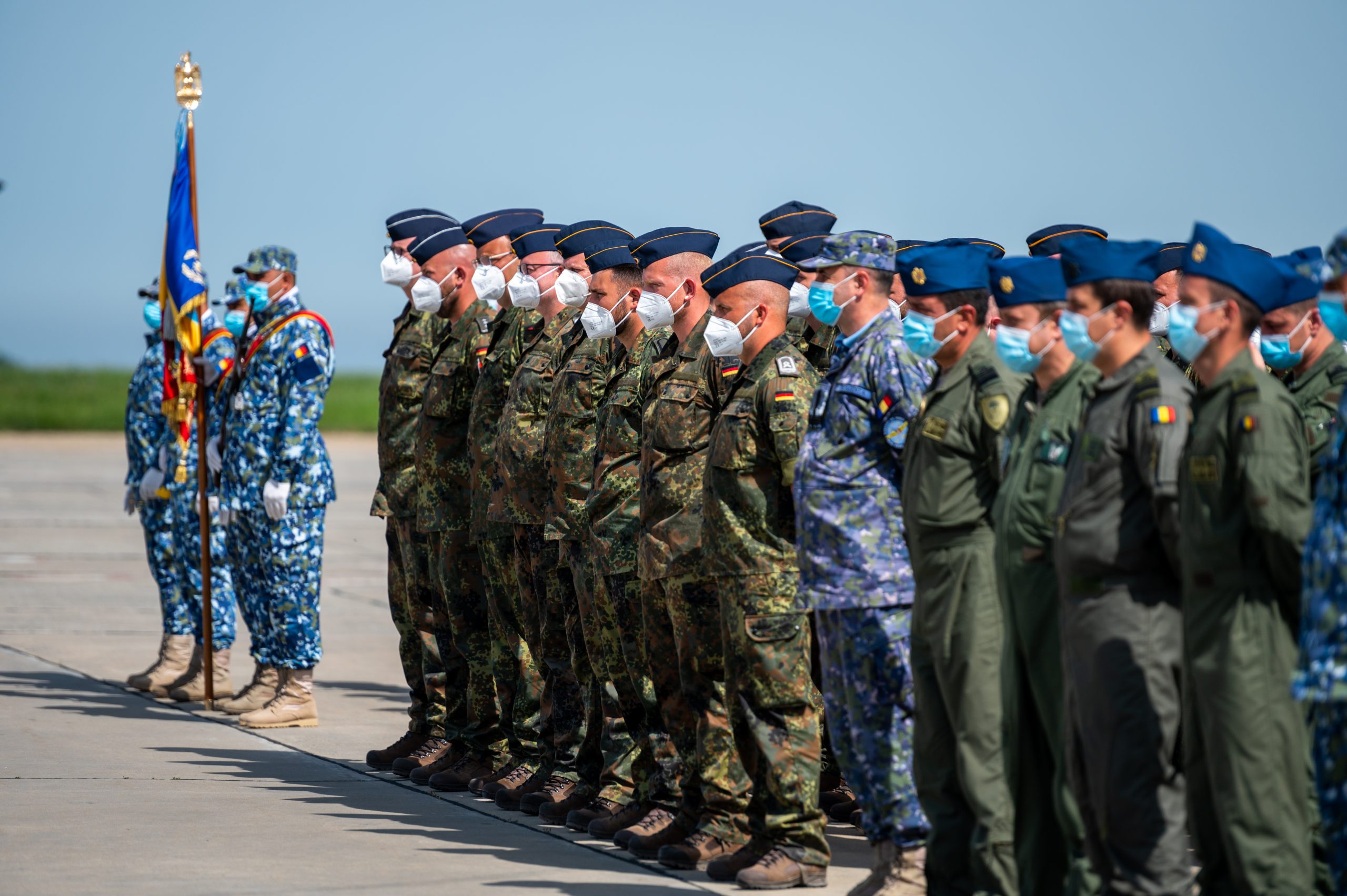In a press conference on January 19th, 2022, President Biden was asked about what seems a “lack of unity” among European allies and the United States regarding potential sanctions on Russia if it invades Ukraine. This deserves consideration, given the fact that Russian President Putin was not deterred by previous sanctions.
But the White House has promised “the mother of all sanctions,” with everything from sanctioning Putin and those close to him, to stopping the NordStream 2 pipeline and removing Russia from the SWIFT international banking system.
Despite these developing measures, Biden admitted to challenges in achieving a united response between NATO allies, particularly if Russia pursues a “minor incursion” rather than a full-scale invasion.
While the Western alliance is naturally alarmed at a potential conflict on European soil, some allies differ on how Putin’s actions directly affect their national interests, and how that should affect their response.
Europe’s three biggest military powers, Britain, France and Germany, are pursuing somewhat different responses towards Russia, while countries in Eastern Europe and the Baltic states have universally advocated for a more forceful response from the United States and NATO. The United States has said it will not send troops to Ukraine.
Britain, perhaps the strongest military power in Europe, is taking a more “muscular” approach in countering Russian aggression:
- British officials announced on 22 January that they had intelligence indicating Russian plans to topple the Ukrainian leadership.
- The UK is providing Ukraine with defensive anti-tank weapons and trainers, and $119 million to develop energy independence and fight domestic corruption.
- Prime Minister Boris Johnson has committed to contributing more troops to a potential NATO deployment.
Some have questioned whether the tough British rhetoric is an attempt to distract the public from the current scandals hobbling Prime Minister Boris Johnson.
Germany has expressed reluctance with such a forceful response:
- The biggest hindrance appears to be Germany’s reliance on Russia for their natural gas supply. Currently, Germany receives one third of their natural gas from Russia.
- Germany’s economy stands to suffer the most should the EU impose strong sanctions on Russia.
- Germany will not allow the British to fly military supplies over German airspace, nor supply German guns through other NATO partners.
- There are important historical reasons for Germany’s reluctance to send weapons or supply troops, with the horrors of Nazi war crimes in Ukraine and Russia still fresh in German minds. Germans would rather see a conflict resolved through diplomatic means.
France views the crisis yet differently:
- While not as reluctant as Germany to use muscle, France is seeking a leadership role in the crisis, even while sidelining NATO and the United States. The crisis offers an opportunity for President Macron to establish an EU-led security framework. In a speech to the French parliament, Macron suggested that the EU conduct their own talks with Russia to de-escalate the crisis.
- Macron has signaled a willingness to reconsider the existing European security framework, allowing consideration of concerns expressed by Russia.
- Macron is facing a challenging election in April of this year, which may play a part in his current stance in the crisis.
The Netherlands has also entered the discussions:
- The Dutch are considering supplying defensive weapons to Ukraine.
- They are looking hard at alternative gas sources in order to minimize their dependence on Russia.
Eastern European countries are more unified in advocating for a forceful response to Russian aggression in Ukraine. Poland, Hungary and Romania, which in the past lived in the shadow of Soviet influence and behind the Iron Curtain, understand well the threat that Putin presents, and they support Ukraine. They have expressed concern that their Western allies may seek talks with Russia that could result in degrading NATO’s commitment and power in the region.
These divisions within Europe do not help to present a united front against Russian aggression in Ukraine. And the clock is ticking. In an interview with NPR, Ukraine Foreign Minister Dmytro Kuleba said that Russia’s troop buildup on their border is growing “slowly but steadily.” There is keen awareness that if Ukraine were to fall, the entire European security framework could be threatened. NATO’s reputation would be damaged, perhaps irreparably. And Russia could potentially re-establish a new Iron Curtain in Europe.
The stakes are very high, and Western unity is critical to the outcome.

:quality(80)/cdn-kiosk-api.telegraaf.nl/cd955730-7ed5-11ec-b9a1-0217670beecd.jpg)








